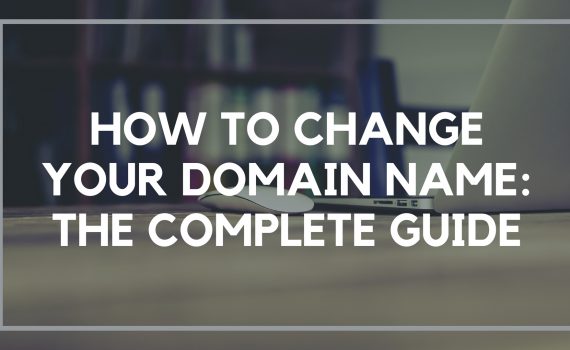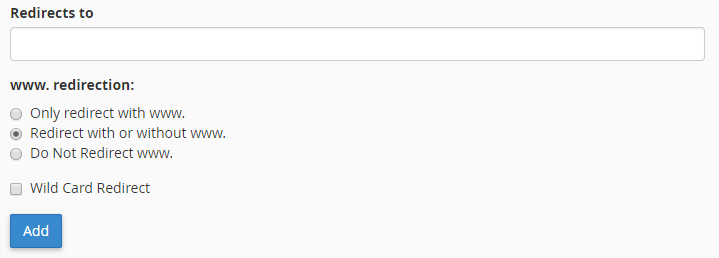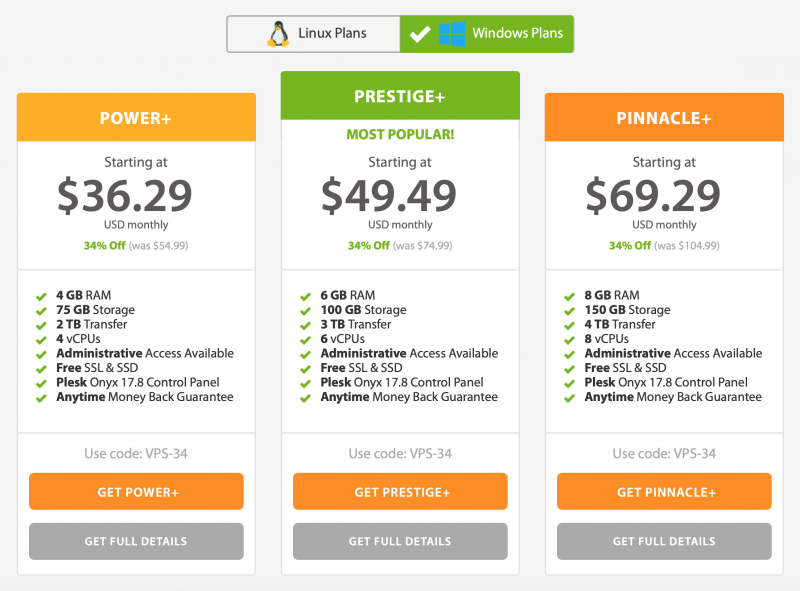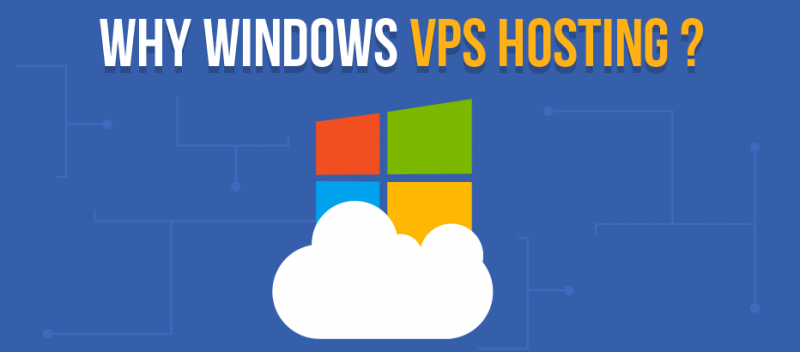
How does Google Possum Algorithm change search results
Category : SEO News
Here are the changes the search engine giant has incurred through its Possum update:
- Ranking Advantage For Businesses Beyond The City Limits
Previously, it was a major pain for businesses located outside the city limits to appear in the Local Pack Search Results. A lot of local establishments with their services within major cities and the brick and mortar locations outside the perimeters found it enormously tough to get listings in local searches. In spite of putting all their efforts in getting highly optimized accounts, they were stuck in ‘ranking purgatory’.
Possum has fixed the issue by making the geographical proximity of a business a less important factor to get top ranking. Now, a business that is not within the physical limit of a city but close to it can experience a huge spike in ranking as the algorithm has been running a proximity test prior to preparing the listing.
- Filter Enhancement Based On Address And Affiliation
In local search, there are tons of businesses with multiple listings, which lead to the appearance of the same listing repeatedly in search results. Till the Possum update, Google used to detect such duplicate listings based on the phone numbers provided by the businesses or their domain names.
Now, Google has enhanced its local filters by adding two new dimensions – ‘address’ and ‘affiliation’ to them. It essentially means, if the physical addresses of multiple listings in the same category are similar, only the ‘best’ and the ‘most relevant’ one will be shown in search results whereas others will be filtered out.
However, Possum is not penalizing the other listings. Rather, it is simply working as an organic search algorithm to push other listings down lower in the SERPs and ensure a better user experience.

- Listings Made Sensitive To The Locations Of Searchers
The geographical locations of the searchers were never so crucial for ranking in local search results before the launch of Possum. Earlier, it was only the keywords or the search terms which influenced search results heavily, but now, as the latest algorithm has changed, the physical location of the searcher matters the most.
Google has decided to offer an outstanding search experience to the mobile community with the help of this location-sensitivity. It is now using IP addresses of the searchers to provide tailored search results and hence, it has become of utmost importance to set the right location in order to trigger the most accurate listings.
- Search Results Affected By Slight Keyword Variations
In the past, two different searches with almost similar terms used to yield same results in local searches. The scenario has changed these days as Google has turned finicky about even the slightest variations in search terms with Possum.
As the local listings have become extremely sensitive to keyword changes, the results are also varying widely for two slightly different search terms. So, make sure that you test and evaluate your Local SEO efforts by using multiple iterations of a particular key phrase and pick the one with the maximum search volume.
- Local Search Filter Precedence Over Organic Search Filter
Before the arrival of Possum, Google’s local search filter was dependent on its organic search filter. As a result, a lot of businesses, linked to certain websites which are filtered out from the organic results, were listed out from local search results.
The change in algorithm has separated local search filter from the organic search filter in order to facilitate its independent functionalities. Hence, businesses with poor listings in SERPs can now achieve good rankings in local search results.
Read more How will Google Possum Algorithm change local SEO
_______________________________________________________________________________
Please contact us for seo service packages at TDHSEO.COM.
TDHSEO Team
Email: tdhseo@gmail.com
Skype: tdhseo
https://www.facebook.com/tdhseo
Thank you!

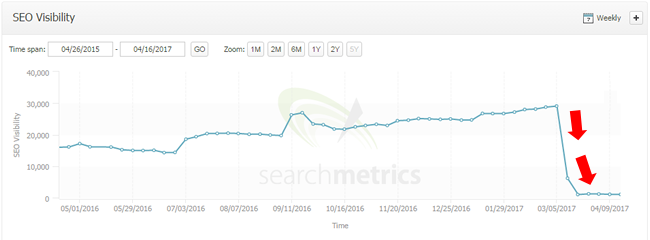


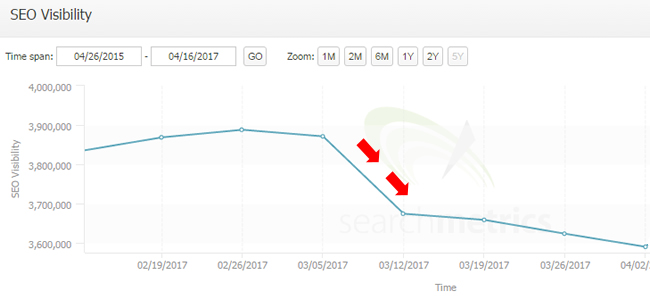

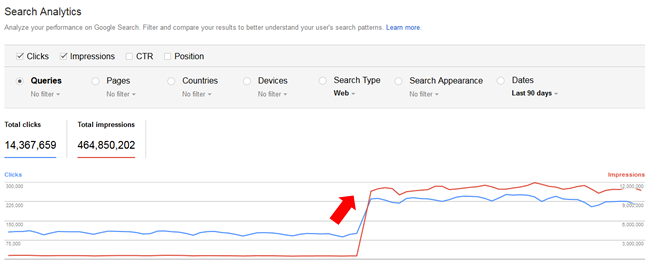




 The Hostinger Domain Checker is a quick and handy tool to come up with a domain name. It helps you to catch all the best ideas. Just enter your preferred word to the search bar and look through the search results.
The Hostinger Domain Checker is a quick and handy tool to come up with a domain name. It helps you to catch all the best ideas. Just enter your preferred word to the search bar and look through the search results.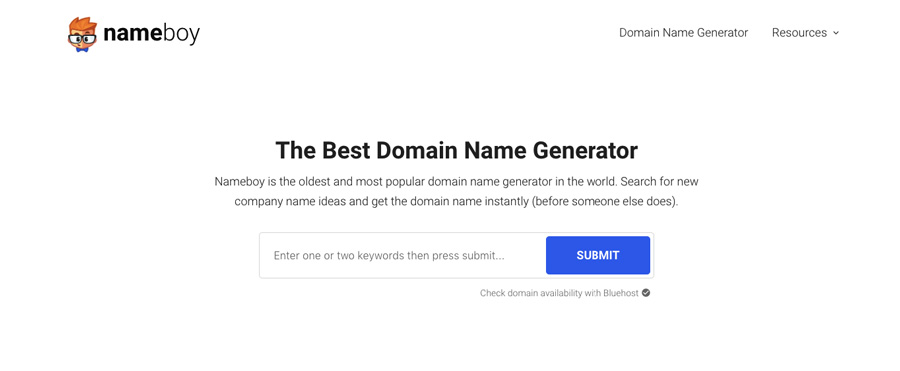 Nameboy domain name generator was launched back in 1999. It’s been around for a while and is trusted amongst web creators.
Nameboy domain name generator was launched back in 1999. It’s been around for a while and is trusted amongst web creators.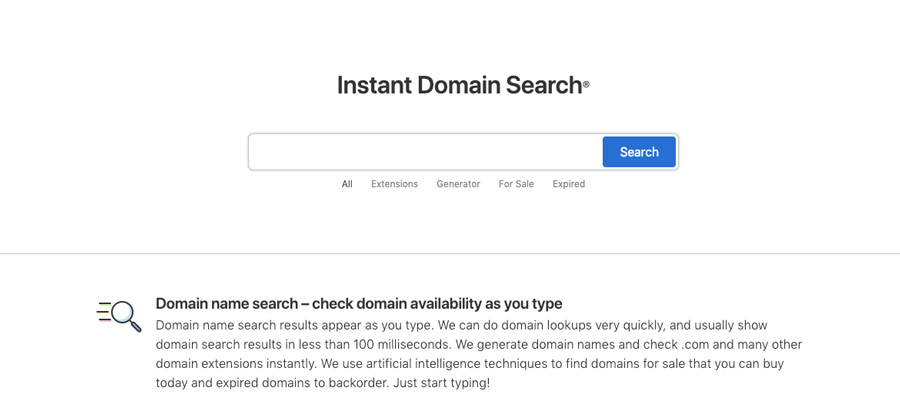
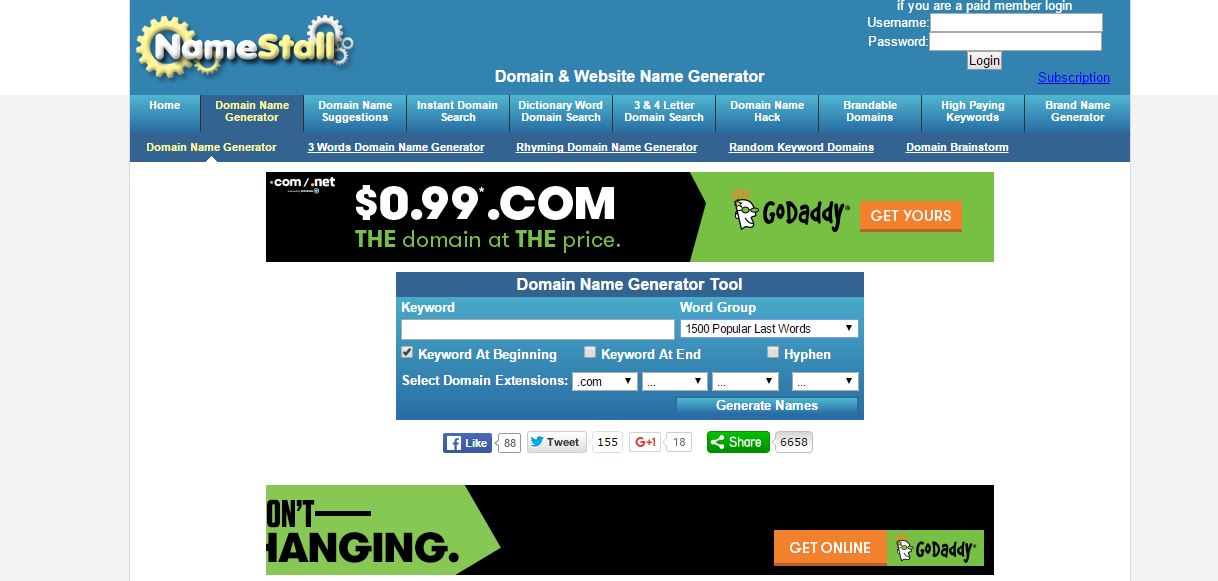
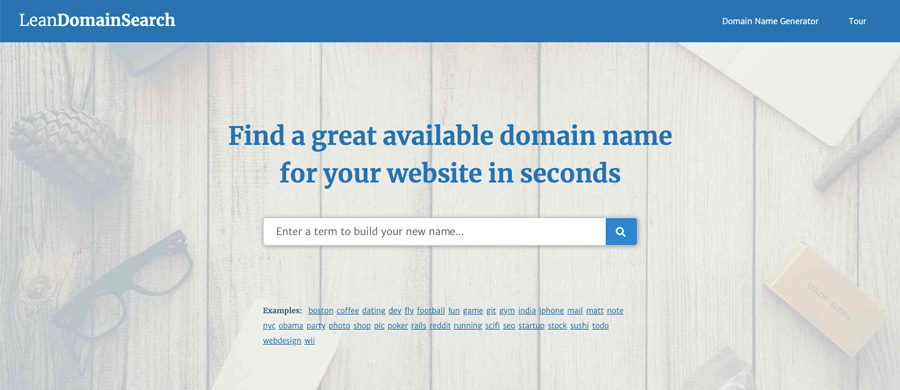 The most common way to create a domain name is to combine two or more words. Lean Domain Search does this for you. You enter a word of your choice, and the domain name generator comes up with dozens of different, relevant word combinations.
The most common way to create a domain name is to combine two or more words. Lean Domain Search does this for you. You enter a word of your choice, and the domain name generator comes up with dozens of different, relevant word combinations.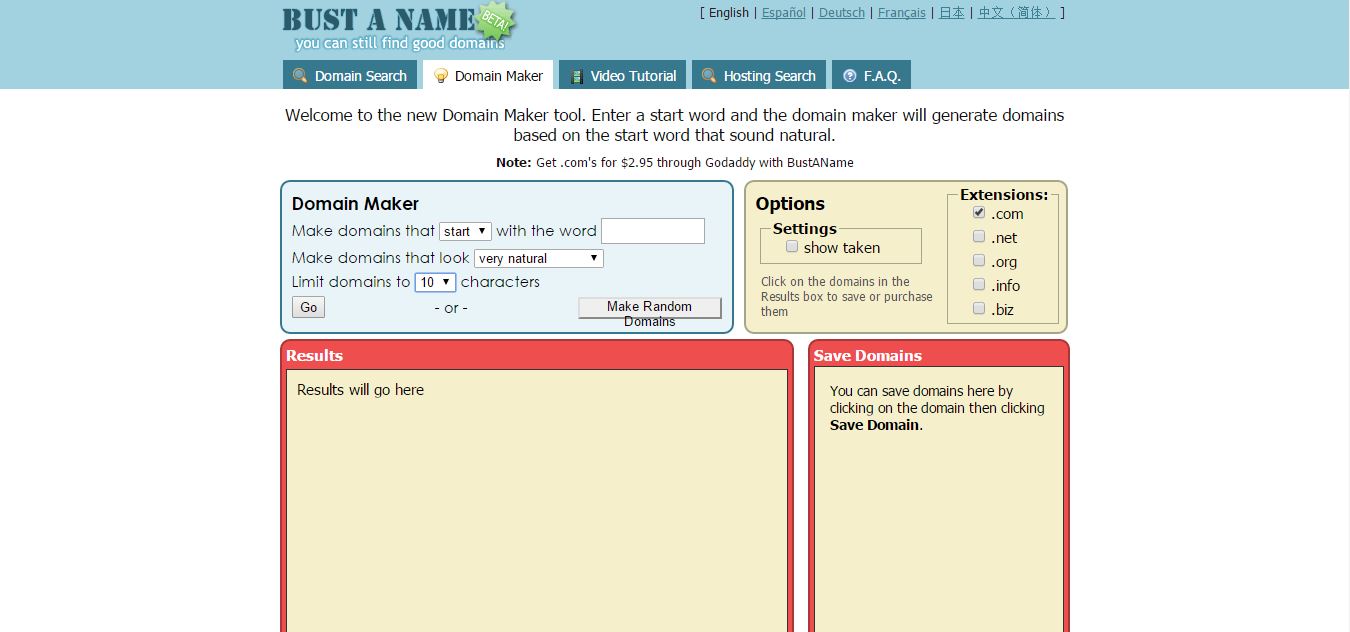
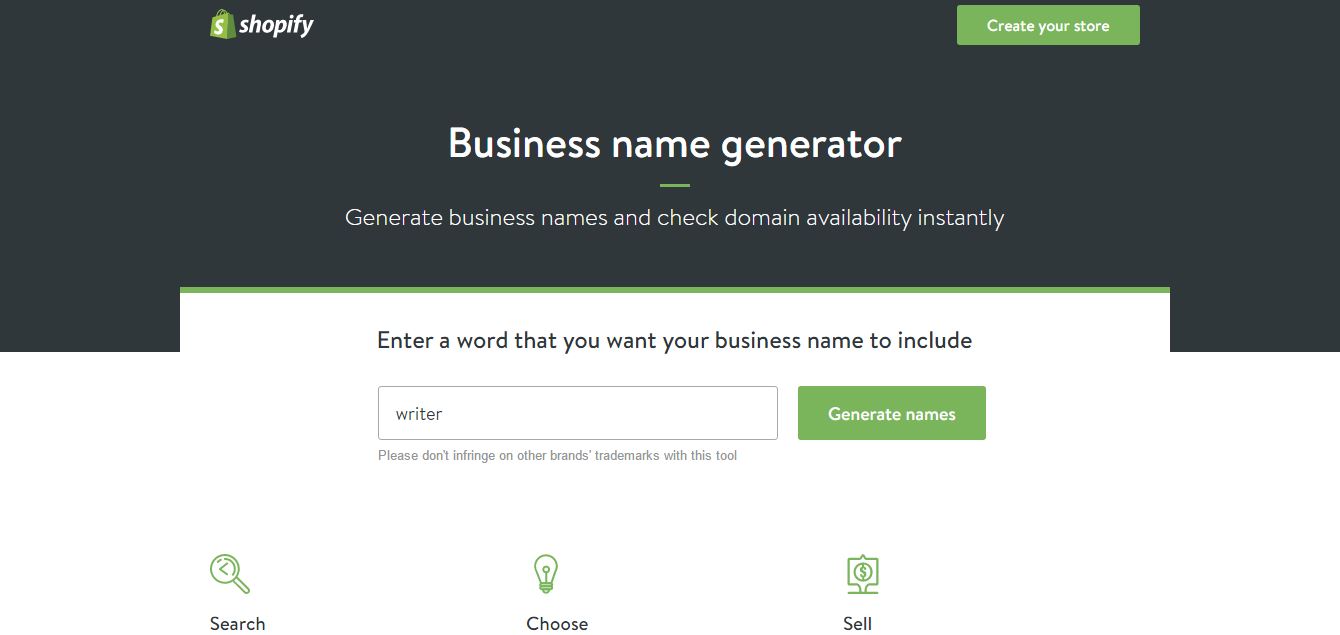
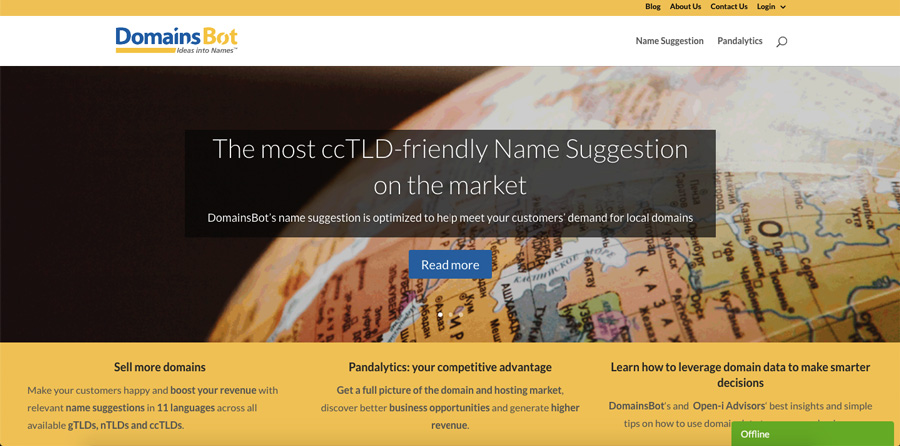
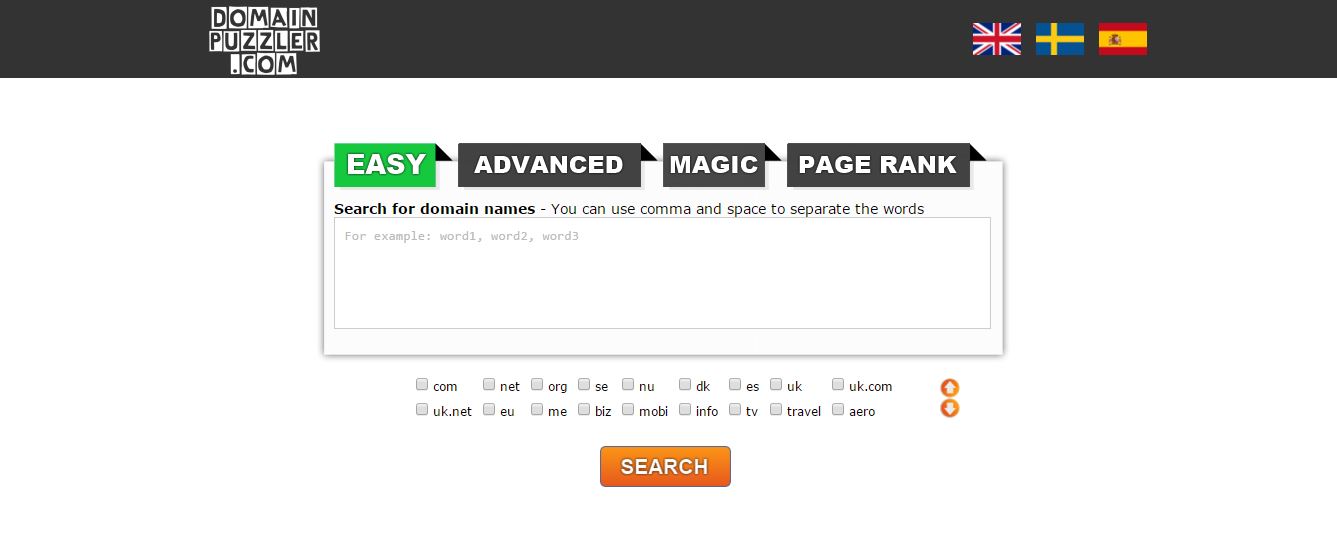
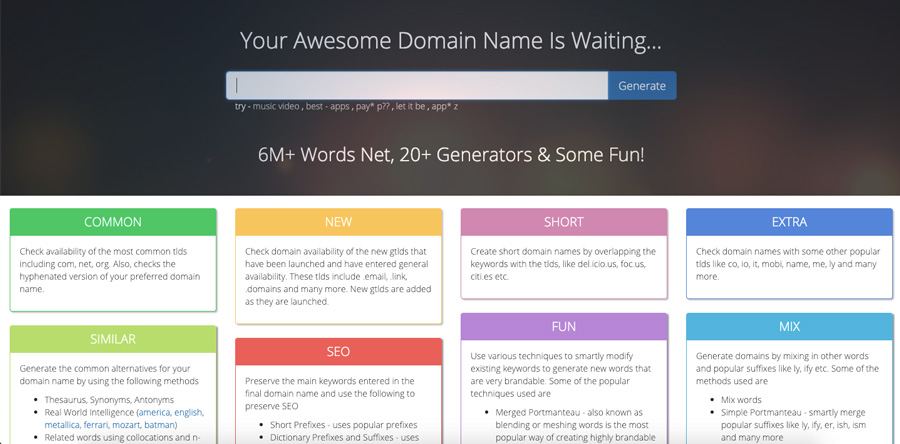 You can do a few things with this run-of-the-mill domain generator. First, Name Mesh lets you check the availability of your chosen domain name with the most common TLDs. Secondly, it checks the availability of new gTLDs (Generic Top Level Domains), such as .email, .link, and so on.
You can do a few things with this run-of-the-mill domain generator. First, Name Mesh lets you check the availability of your chosen domain name with the most common TLDs. Secondly, it checks the availability of new gTLDs (Generic Top Level Domains), such as .email, .link, and so on.


